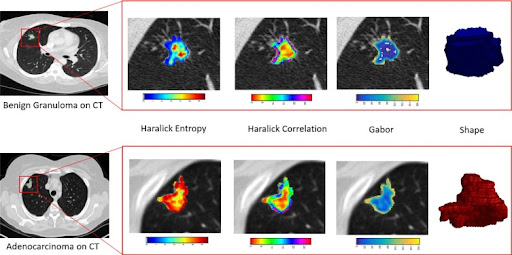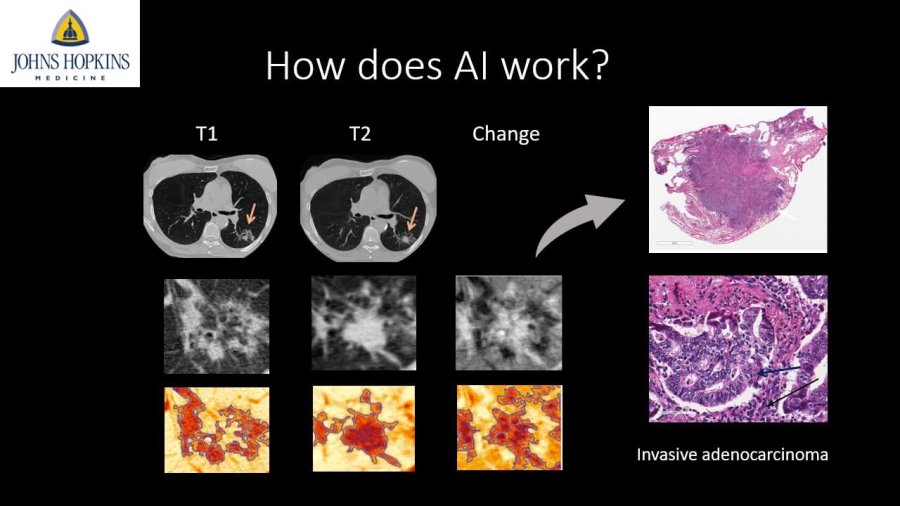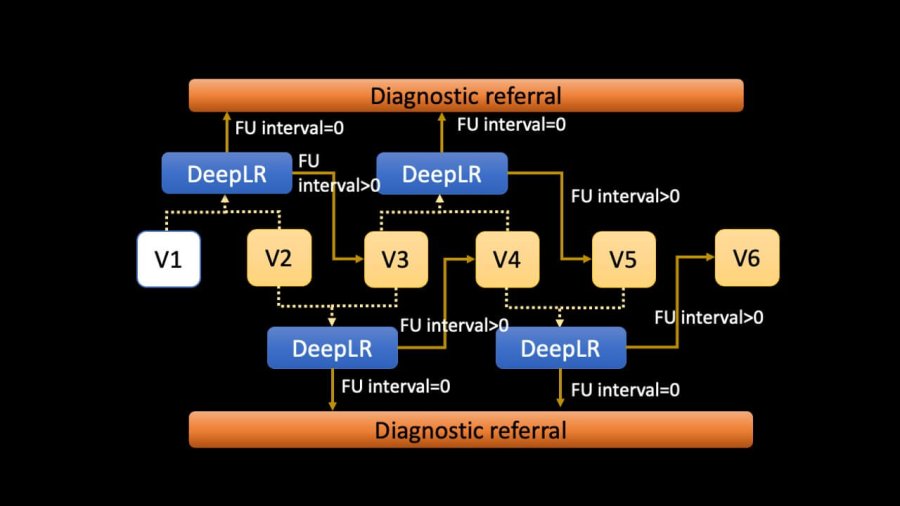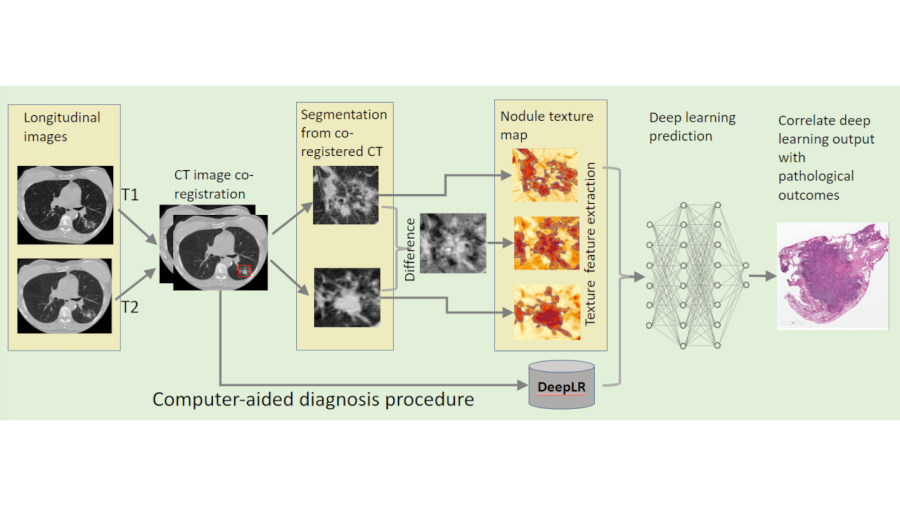AI & Imaging
 Artificial intelligence is experiencing a revolution in development and application. As technology and biological data gathering and analysis continue to grow, scientists are expounding on this wealth of knowledge to harness artificial intelligence and machine learning in cancer detection and disease progression. AI methods are currently being utilized in precision medicine therapies based on the pathways associated with malignancy at the time of high-throughput data measurement. Forecasting disease onset and progression is a main goal for clinicians that is now being realized through data assimilation. Single-cell and spatial multi-omics datasets provide the information needed for biological forecasting of disease through artificial intelligence. In addition to the utilization of spatial transcriptomic imaging data, researchers in the division created a multivariate statistical method to analyze CT-scan image data to diagnose lung cancer. Through computer-aided image diagnosis, image feature extraction, and artificial intelligence methods clinicians are now able to diagnose cancer early and predict its risk of recurrence. Faculty are uncovering biological and clinical features with unsupervised learning methods across clinical imaging and omics datasets.
Artificial intelligence is experiencing a revolution in development and application. As technology and biological data gathering and analysis continue to grow, scientists are expounding on this wealth of knowledge to harness artificial intelligence and machine learning in cancer detection and disease progression. AI methods are currently being utilized in precision medicine therapies based on the pathways associated with malignancy at the time of high-throughput data measurement. Forecasting disease onset and progression is a main goal for clinicians that is now being realized through data assimilation. Single-cell and spatial multi-omics datasets provide the information needed for biological forecasting of disease through artificial intelligence. In addition to the utilization of spatial transcriptomic imaging data, researchers in the division created a multivariate statistical method to analyze CT-scan image data to diagnose lung cancer. Through computer-aided image diagnosis, image feature extraction, and artificial intelligence methods clinicians are now able to diagnose cancer early and predict its risk of recurrence. Faculty are uncovering biological and clinical features with unsupervised learning methods across clinical imaging and omics datasets.



AI & Imaging Faculty

Michael Ochs, Ph.D
Part-Time Associate Professor

